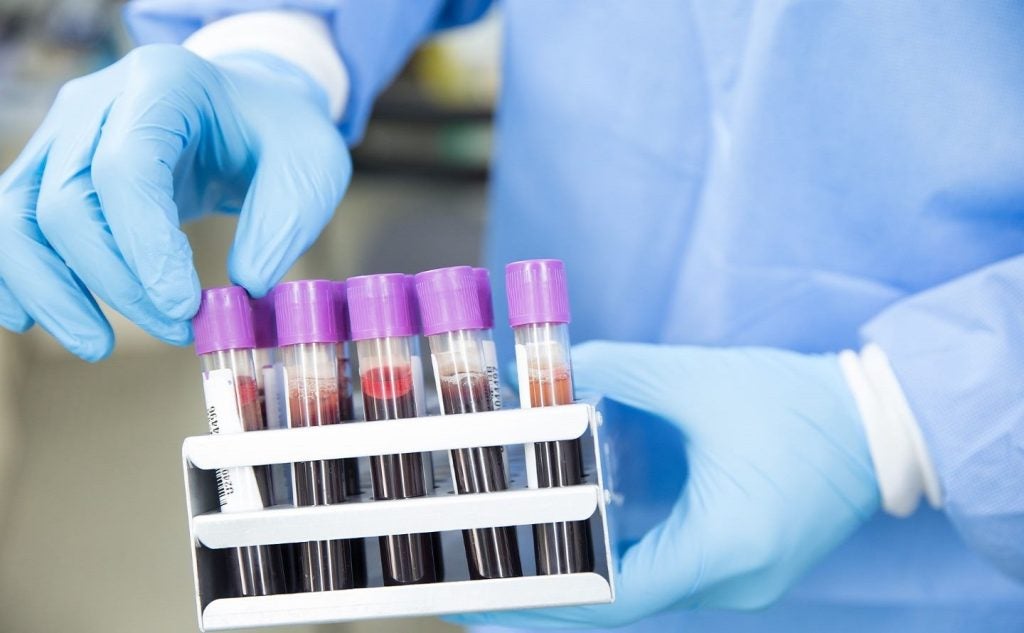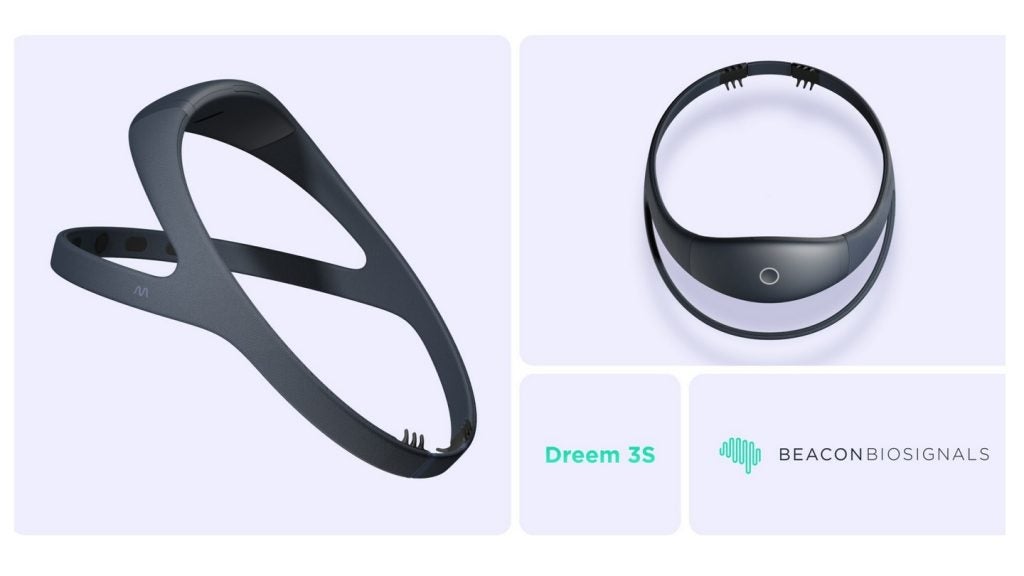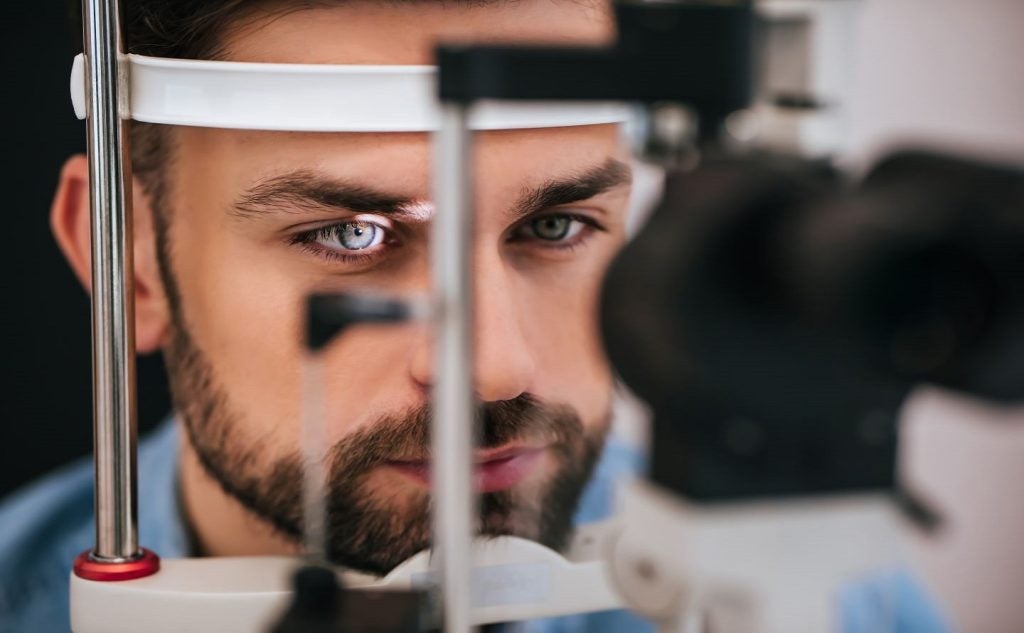Natera has announced the use of its personalised and tumour-informed molecular residual disease (MRD) test, Signatera, in a new study as part of the I-SPY 2 trial.
The custom-built circulating tumour DNA (ctDNA) test will be used to monitor response to neoadjuvant therapy in patients with breast cancer across all subtypes.
The prospective study will involve real-time monitoring of 600 patients to establish ctDNA as a composite endpoint.
It will also provide further data on post-surgical ctDNA status in individuals treated with neoadjuvant therapy.
Meanwhile, the study expands on the existing partnership with the ISPY-2 consortium, which has resulted in several studies confirming Signatera's effectiveness in monitoring neoadjuvant responses and predicting the risk of recurrence.
Natera oncology chief medical officer Minetta Liu said: “I-SPY 2 serves as an excellent platform to investigate Signatera’s utility in the neoadjuvant and adjuvant settings.
“This extended collaboration will enhance our understanding of Signatera’s ability to assess therapy response, predict clinical outcomes and advance a more personalised treatment strategy for patients with breast cancer.”
The Signatera test is intended for treatment monitoring and MRD evaluation in previously cancer-diagnosed patients.
Available for both research and clinical use, the test received four breakthrough device designations from the US Food and Drug Administration (FDA) for several cancer types and indications.
The test helps in identifying and quantifying cancer left in the body, even at levels down to a single tumour molecule in a tube of blood. It allows for the identification of recurrence earlier and improves treatment decisions.
The FDA has neither cleared nor approved the test.















